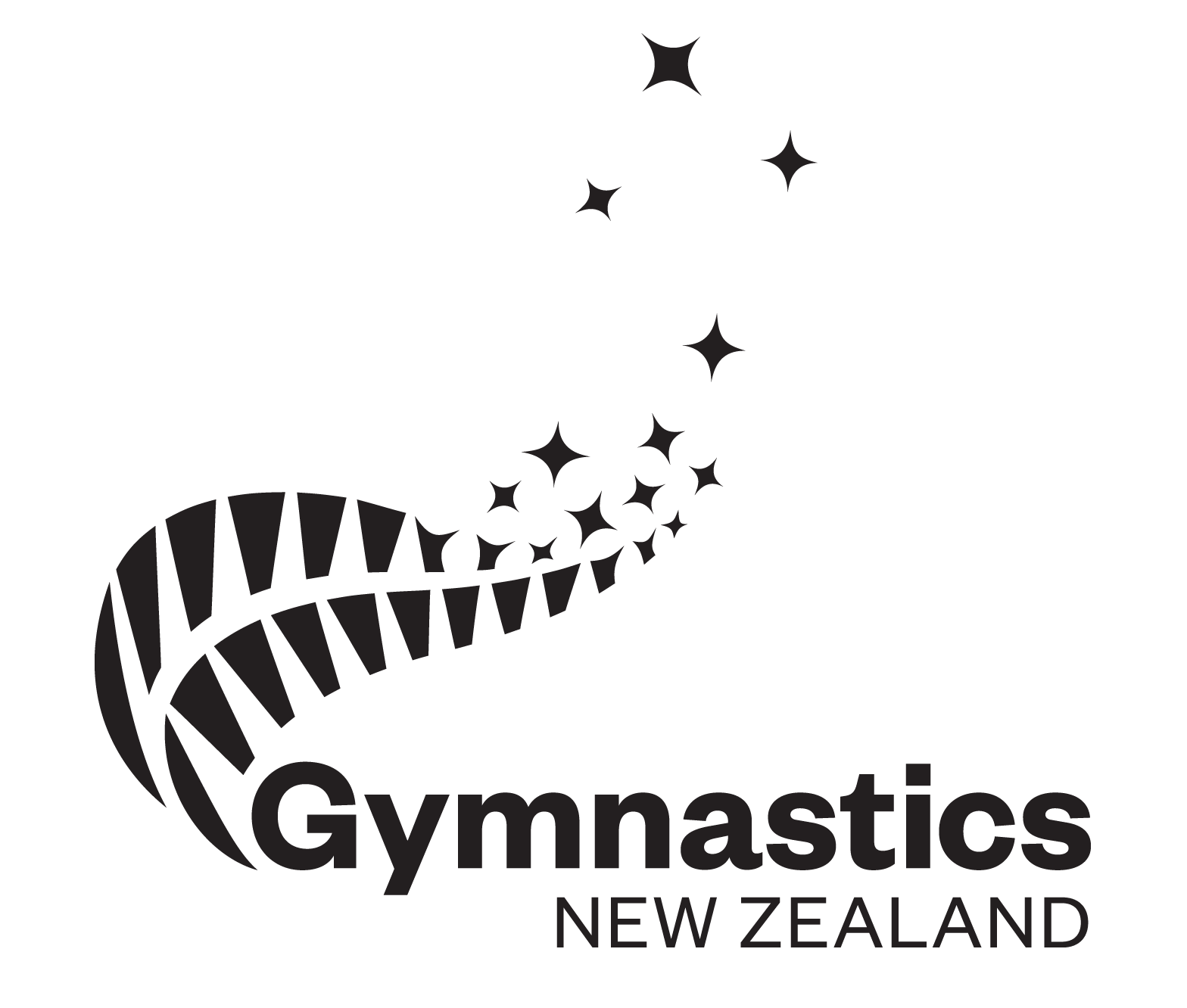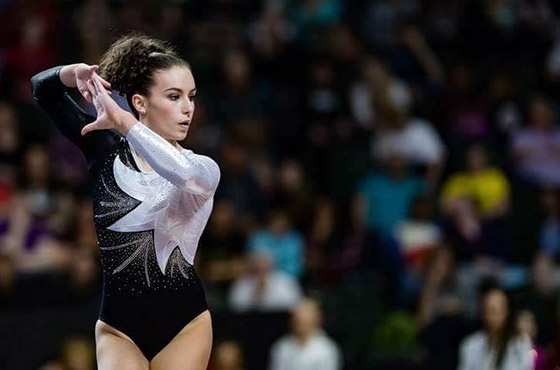
Thoughts from Dee Lampe – Auckland-Northland RRM
As Regional Relationship Manager I have been visiting gymsports competitions in the past six months and I have watched not only athletes perform their routines and qualify for badges, incentive awards or win medals or qualify for the 2016 New Zealand Gymsports Championships but I have also watched judges in their role of judging the performances of all these athletes. This article is about celebrating all our judges because I think, and I hope you are with me in this, that our judges do an awesome job.
The judges that I have seen in judging panels and met during breaks in these competitions are all passionate about gymsports and very committed to their sport. And while I was watching athletes and judges at competitions and by talking to judges and visitors I realised that it is not easy to be a judge ….. not at all. This article is written by me, knowing a little bit about gymnastics (originally I am a PE teacher) and these are my thoughts and observations and I have placed myself in the position of a judge. These are my reveries and they have got nothing to do with how judges feel, think or do their tasks of judging. I have just been daydreaming what it would be like to be a judge.
If I would be a judge I would find it difficult to turn off my feelings and emotions for that day, because as a judge you have to try to be objective, trying to be a robot instead of a human being. When I was at those competitions watching the athletes I just saw cute little girls and boys and hardworking girls and boys trying so hard to perform the routine perfectly and trying not to fall off the beam or catching the ball or ribbon while performing a forward roll and showing all their newly learned gymnastics skills in front of a judging panel and often some family members are in the audience as well ….
To be a good judge, you would have to feel confident about your judging skills; in a split second you have to decide how the athlete performed that element of the routine without hesitating and there will be no video that you can rewind and watch again. And some routines contain 10 elements or more which gives you no time to reflect on the performance of an element because, before you know, you could have missed the next element. You also have to be on the tip of your toes all the time, except for when you’re having a break, and if a moment’s daydreaming distracts you from your judging sheet you will have missed it. Imagine that you had a bad night’s sleep because your baby was sick all night and kept you out of your sleep but you have committed to judging the whole weekend so you will turn up at the competition because you don’t want to let anyone down. Maybe it is a role for a certain type of people but I can also imagine that people can be taught to become good judges. And it is good to know that when you start judging you will first judge alongside an experienced judge for a while until you feel confident to judge on your own.
On the other hand, I can also imagine that being a judge, it must be wonderful to see all these athletes that just love gymsports and who love to perform the best they can in their sport. As a judge you’re in the first row to see how these athletes progress over the years and how proud they are, and their families, with their own successes and achieving their personal goals. It must be so rewarding for the judges to hand out the badges, certificates and medals and be a little bit part of their progress and part of achieving their personal goals. As a judge I would feel pride for each and every gymnast that I would see achieve their next level, step, certificate or badge. On a personal note, I see that with my step-children at home who are into horse riding, another sport with judging panels. They receive a feedback form from the judges what went well and what they can improve and they take that feedback home and know what to do next competition.
He aha te ea nui o te ao?
What is the most important thing in the world?
He tangata, he tangata, he tangata
It is the people, it is the people, it is the people
Judging takes up a lot of time, sometimes every weekend in a month. But judges also dedicate a lot of time to study and to learn and to continuously up-skill themselves. They practise judging by scoring athletes’ performances watching videos of athletes performing routines. There is also a four-year Olympic cycle which means that judges need to attend courses at least every four years to be able to judge in the next four-year cycle.
At a competition the judges don’t see one athlete but they see maybe 8 or 15 athletes performing the same routine and that brings along another challenge: you want to judge and score evenly over all athletes. I would not be surprised if I would be scoring a routine higher or lower at the end of the day than I would have scored that same routine at the start of the day; maybe. After all, the judges are as human as you and me, even though they try to be a robot. That’s why being a judge can be so difficult; it’s a challenge.
However, judging and coaching can be a wonderful way to stay involved in the sport that you are so passionate about but that you have decided, for whatever reason, that you no longer want to compete in. If you want to become a judge while you’re practising recreational gymnastics or after having competed in the sport yourself, it means that you already have a lot of knowledge and that will be an excellent base for becoming a judge.
All the judges that I have met talk about the love and passion for the sport and how they want to be the best judge with an objective view and how they like to teach the skills to new upcoming judges although they don’t always get paid for the judging work or how they sometimes pay for part of the costs of travelling to the competition and the accommodation. They love the benefits of judging; seeing the athletes grow and progress through their sport and seeing other people with the same passion.
It’s a good thing that I won’t be allowed to start judging tomorrow. But while going through the Judging Education pathway, I am sure that all these aspects, all these difficulties that I mentioned in this article, are covered in the GymSports NZ judging courses and that passing these courses will make someone a proper and good judge.
Let’s celebrate all our judges in every competition by thanking them for their expertise, their time and their awesome job.

